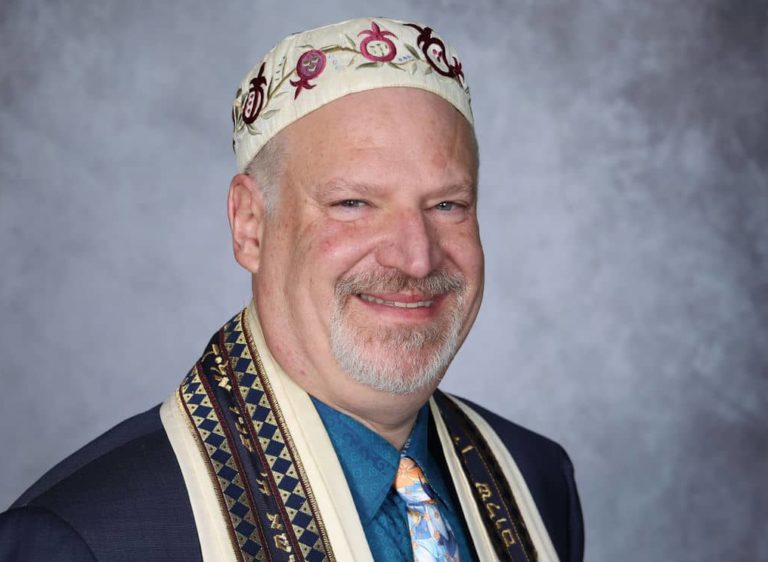By Ben Valentine
Picture this: you’re at a dinner party, and someone asks the classic “So how’s it going?” What follows is a competition disguised as conversation. “Oh me, busy!” the first person responds. “Well, I’m drowning in emails,” comes the next reply. “I tried to get away last weekend but came back to 14,000 messages Monday morning.” The final contestant delivers the knockout: “That’s cute. I haven’t slept since June!”
Nothing quite like a boast disguised as a complaint. We’ve somehow turned exhaustion into social currency!
Here’s a sobering statistic: 66% of American workers are experiencing clinical burnout in 2025, according to a Forbes article from earlier this year. The other 34% were probably too tired to answer the survey. This isn’t just stress after a demanding week. This is a state of physical, emotional, and mental exhaustion caused by prolonged exposure to emotionally demanding situations.
For many of us in a place like Greenwich, this isn’t just a statistic. It’s our daily reality.
The Rest We Think We Want
We tell ourselves that rest means the perfect vacation, a cleared schedule, or finally catching up on everything. We fantasize about having no emails, no deadlines, no demands on our time. But here’s the problem: those conditions never actually arrive.
I think about a story from the Gospel of Mark that reveals something profound about human nature. A group of Jesus’ disciples had just completed an intense period of meaningful work. They were exhausted but energized, riding the high of achievement. Jesus looked at them and said something counterintuitive: “Come with me by yourselves to a quiet place and get some rest.”
Notice three things about this invitation. First, Jesus initiated it. These high achievers didn’t ask for a break or hint they were overwhelmed. They were still in the adrenaline phase, but their leader saw what they couldn’t see: that sustainable success requires sustainable rhythms.
Second, the invitation wasn’t just to stop doing something, but to come somewhere specific, with someone specific. Rest wasn’t merely the absence of activity but the presence of meaningful connection.
Third, this wasn’t weakness but wisdom. Jesus didn’t wait for complete collapse or a total breakdown. He intervened before they hit the wall.
Why Rest Keeps Escaping Us
But here’s where the story gets interesting. As they headed to their quiet retreat, crowds saw them leaving and literally ran around the shoreline to intercept them. By the time they arrived at their “solitary place,” it was anything but solitary.
This reveals why rest feels so impossible in our culture. We’re living with an operating system that makes rest nearly impossible.
Think about it this way: our culture runs on what I call the “Egypt model” of human value. In ancient Egypt where the Israelites had once lived in captivity, your worth was determined by your output. Keep people so busy they can’t think clearly. Keep them so exhausted they can’t imagine alternatives. Keep them so overwhelmed they’ll accept whatever reality you give them.
Sound familiar? Apps are designed to be addictive. Work cultures reward those who sacrifice the most for the company. Even our school systems pile on homework and activities, creating stressed children who don’t know how to simply be.
But there’s an alternative operating system, one that recognizes human beings as more than their productivity. Call it the “Sabbath model.” This ancient wisdom suggests that in a world obsessed with endless growth and constant competition, we need rhythms of enough.
Three things consistently sabotage our attempts at real rest. First, the tyranny of urgent demands. Phone calls marked “urgent,” meetings that suddenly become “critical,” projects “due yesterday.” These demands are usually legitimate, but if we say yes to every urgent thing, we never have time for what’s actually important.
Second, the guilt of unmet needs. There are always people who could benefit from our time, energy, and attention. This creates “compassion fatigue guilt” where we feel selfish for wanting rest when we could be helping someone.
Third, the drive to remain relevant. Deep down, we want to matter, to be missed if we’re absent. We unconsciously buy into the lie that life can’t go on without our constant involvement.
The Rest We Actually Need
Here’s what’s brilliant about how Jesus responded to the interruption of his retreat. He didn’t react from resentment or depletion. He responded from genuine compassion and spiritual strength. Why? Because even though his external rest was interrupted, his internal connection to his Father remained intact.
This reveals that true rest is fundamentally relational, not circumstantial. We don’t need perfect conditions to experience soul rest. We need connection to what grounds us, centers us, gives our lives meaning beyond our achievements.
It’s also rhythmic, not sporadic. Jesus didn’t just rest when he felt overwhelmed. Throughout his ministry, he built regular, intentional patterns of withdrawal and renewal into his days, regardless of how he felt or what was happening around him.
Most importantly, this kind of rest flows from security, not performance. Jesus could withdraw from the crowds because his identity wasn’t based on what he accomplished that day. His sense of worth wasn’t tied to staying busy or being needed or keeping everyone happy.
This is where Jesus offers something revolutionary. In Matthew 11:28, he says, “Come to me, all you who are weary and burdened, and I will give you rest.” Notice he doesn’t say “come when you’ve earned it” or “come when you’ve caught up on everything.” He invites us to come as we are, exhausted and overwhelmed.
Here’s the profound truth: Jesus offers rest not because we’ve done enough, but because he has done enough. When he said “It is finished” on the cross, he wasn’t just talking about salvation from sin. He was declaring the end of all human striving to prove our worth. The performance is over. You can rest not because you’ve accomplished everything on your list, but because Christ accomplished everything that ultimately matters.
Living it Out
So how do we practically live this way? Start with daily withdrawal: create brief “grounding moments” in ordinary time. Five minutes of reflection before walking into the office. A phone-free walk around the block. Beginning your day with something meaningful before scrolling the news. Might I recommend a Psalm?
Protect weekly rhythms. Set aside time each week to rest from regular work and responsibilities. This isn’t about rigid rules but lifegiving patterns.
Create wise boundaries. Learn to say no to good things so you can say yes to better things. Remember: every yes is a no to something else.
Choose being over doing. This isn’t anti-achievement. It’s about locating our work within a larger story where our worth isn’t determined by our output.
The culture tells us to measure our value by our productivity. But what if there’s a better way? What if the most successful life isn’t the busiest one, but the most grounded one?
The rest you’re craving isn’t waiting for perfect circumstances. It’s available right now through connection to what matters most. And it starts with the revolutionary idea that you are valuable not because of what you accomplish, but simply because you’re alive and God gave you that life.
Ben Valentine is the Senior Pastor of Trinity Church in Greenwich. For more information, visit www.trinitychurch.life




